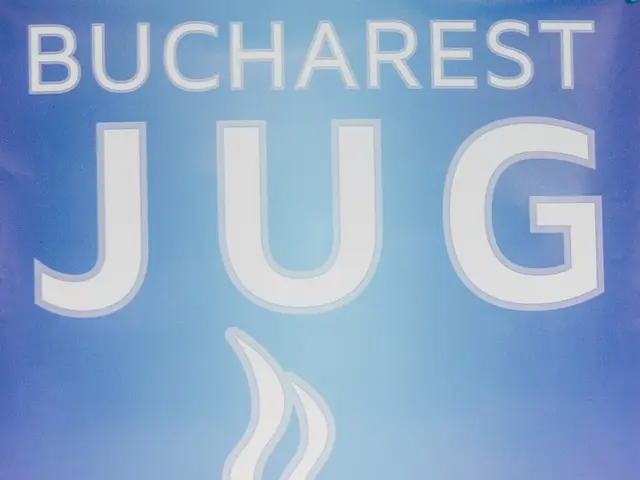Sweden Under Fire for Alleged Mass Deportation Planning: Reality or Imagination Unclear
In the heart of Scandinavia, Sweden is undergoing a significant migration overhaul, marked by stricter work permit regulations and a focus on national security. The politics of migration have long been a contentious issue, with perceptions often running ahead of the law.
The government's plan, scheduled for 2026, includes a constitutional change that would enable the revocation of citizenship for certain reasons. Moreover, a new citizenship test is in the works, featuring a mandatory course on Swedish society and culture. This overhaul, the toughest in decades, is backed by the right-wing Sweden Democrats party in parliament.
However, the tightening of entry into Swedish identity is met with mixed reactions. While some view it as a logical step, others criticize it as unreasonable, extreme, and even racist. The animosity, hostility, and misinformation surrounding the new citizenship test and migration overhaul are significant aspects of the current migration debate in Sweden.
Prime Minister Ulf Kristersson is offering a more generous repatriation payment of €32,000 to encourage voluntary returns for those legally entitled to stay but disinclined to embrace life in Sweden. It's essential to note that this repatriation payment is a voluntary incentive and does not constitute forced removal for cultural non-compliance.
Contrary to viral posts claiming Sweden's imminent expulsion of immigrants, there are no plans for mass deportations of immigrants in Sweden. The government is targeting dual nationals who gained citizenship fraudulently or have committed crimes threatening national security.
The controversy mainly revolves around concerns that the integration courses may impose a particular cultural narrative, potentially stigmatize immigrants, or be used politically to limit migration or enforce assimilation policies. While Sweden has proposed exemptions to the new work permit salary thresholds for 152 professions, there is no clear official nationwide mandate for a cultural course detailed in the provided results.
The broader European context includes ongoing debates and pilot programs about migrant integration through societal education, which remain controversial and politically sensitive. Rights groups warn that Sweden's harder edge risks cutting into integration itself, fuelling the very divisions the government wants to resolve.
In summary, Sweden's migration overhaul is focused on stricter work permit rules, with no clear official nationwide mandate for a cultural course. The controversy largely stems from broader debates on integration policies and migration tightening across Europe. For more precise or updated information specifically on the cultural and society course, further sources or official Swedish government communications would be needed.
- The controversy surrounding Sweden's migration overhaul extends beyond its borders, becoming a topic of discussion in policy-and-legislation debates across Europe.
- The government's proposed new citizenship test, featuring a mandatory course on Swedish society and culture, has sparked debates on the potential for imposing a particular cultural narrative, leading to concerns about general-news issues such as stigmatization and political manipulation.






